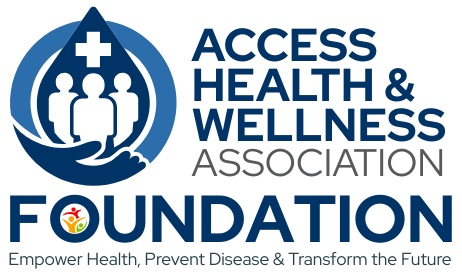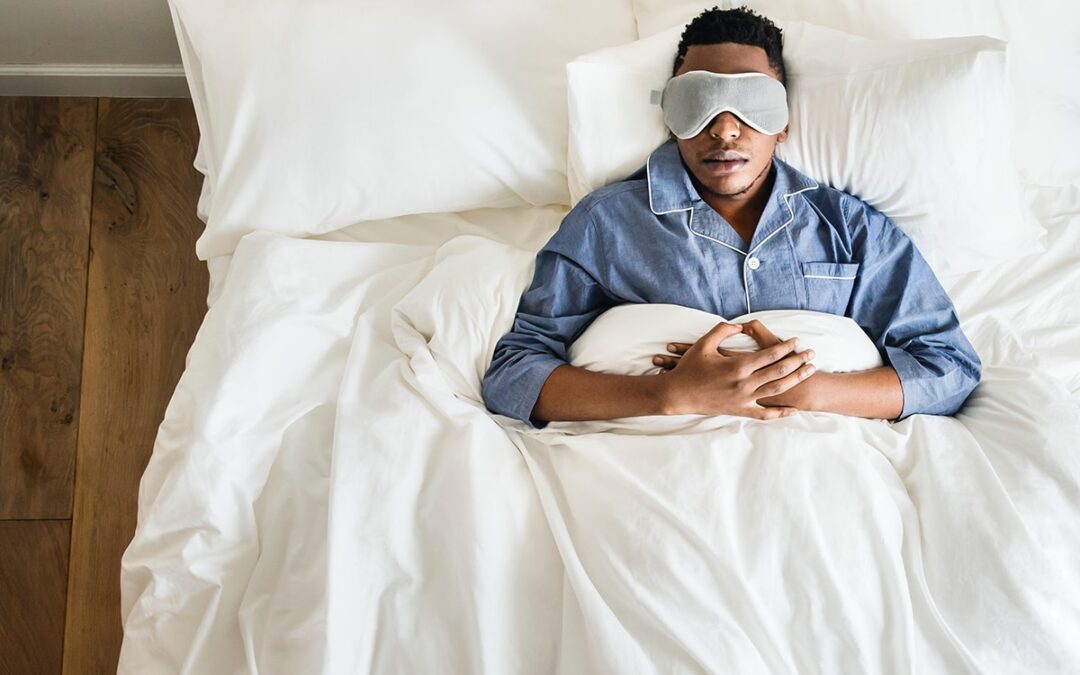You can see the original article on Prevention Generation here.
Sleep apnea is one of the most common sleep disorders, with more people diagnosed every year. As well as disrupting your rest, sleep apnea can have serious health consequences if it’s not treated.
What is sleep apnea?
In sleep apnea, you stop breathing during the deepest part of sleep. There are three main types: obstructive sleep apnea, central sleep apnea, and complex sleep apnea syndrome. In obstructive sleep apnea, the most common type, your throat muscles relax too much during sleep, obstructing, or closing your airway. In central sleep apnea, the signals that your brain sends to the muscles involved in breathing become disrupted. Complex sleep apnea syndrome affects both physical and neurological causes.
Sleep apnea symptoms
Various symptoms could indicate a problem with sleep apnea. One common symptom — often the most obvious — is loud snoring. It’s not unusual for sleep apnea sufferers to realize that something is wrong when they need separate sleeping arrangements with their partners. Another symptom is fatigue. Sleep apnea often disrupts your sleep constantly throughout the night, leaving you struggling with tiredness and lethargy. You may wake up, seemingly without reason, and be unable to fall back to sleep. In the mornings, you may find you have a dry mouth or a sore throat. You may be irritable and have trouble focusing during the day.
If the condition is allowed to progress, symptoms may become more severe. A co-sleeper may notice that you gasp for breath during sleep or stop breathing. In time, the lack of oxygen during sleep can damage a number of your body’s systems. The extra strain on your heart and lungs can result in serious medical issues.
Sleep apnea causes
Sleep apnea has many causes. Men are more likely to develop sleep apnea than women, and older people are more likely to develop it than younger people.
In the case of obstructive sleep apnea, excess weight is a common cause. People with large necks are more prone to developing sleep apnea, as are those who happen to have a narrow airway. Sleep apnea may occur if you suffer from nasal congestion and tend to breathe through your mouth. If you drink alcohol, take muscle relaxants, or use sedatives to fall asleep, these can also cause sleep apnea. Genetics is a common factor — if you have a family member with sleep apnea, you are more likely to develop it as well. Smoking is a prevalent cause of sleep apnea.
Central sleep apnea occurs more frequently in people with heart diseases and those who have suffered a stroke in the past. Narcotic pain medication is also a risk factor for this type of apnea.
Sleep apnea treatment
The first line of treatment for obstructive sleep apnea is a lifestyle change. Weight loss, cutting down on alcohol, and smoking cessation can all help. If medication is a contributing factor, this may be changed, or the dose reduced. Some people find that nasal sprays and antihistamines can help.
If these don’t work, or if you have moderate to severe apnea, you may be a candidate for more advanced treatments. There are devices that can open your airway and ease your breathing. Surgery to enlarge your airway is also an option.
Another therapy for sleep apnea is a CPAP (continuous positive airway pressure) machine. This is a device that gently pumps air into your lungs while you sleep. It requires using a face mask, which some find awkward or uncomfortable, but in general is fairly easy to use and very effective.
If you’ve been experiencing symptoms that could be sleep apnea, it’s essential to speak to a medical professional as soon as possible. Sleep apnea can result in impaired health and reduced quality of life. Can you die from sleep apnea? In extreme and long-term cases, sleep apnea can be a contributing factor in fatal conditions. Even when it’s less severe, sleep apnea causes unnecessary misery to sufferers and their partners. Effective treatment is often quite simple and can significantly improve your well-being.


Recent Comments